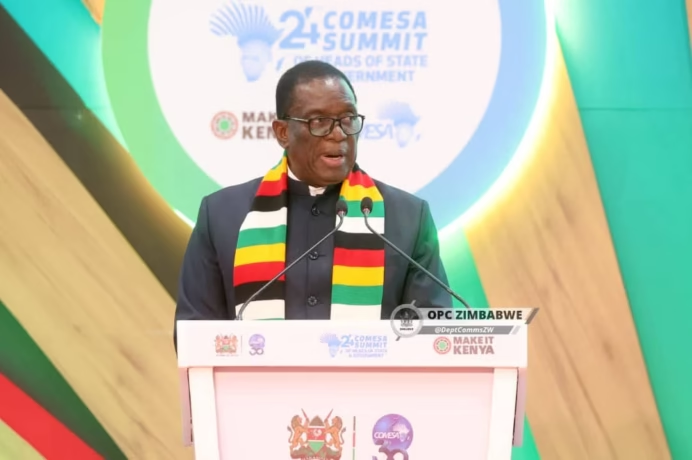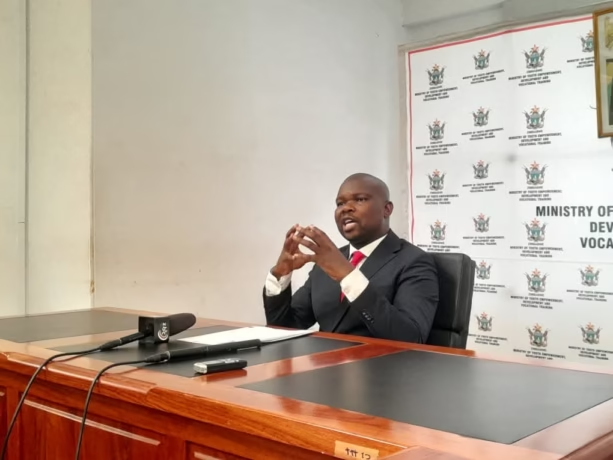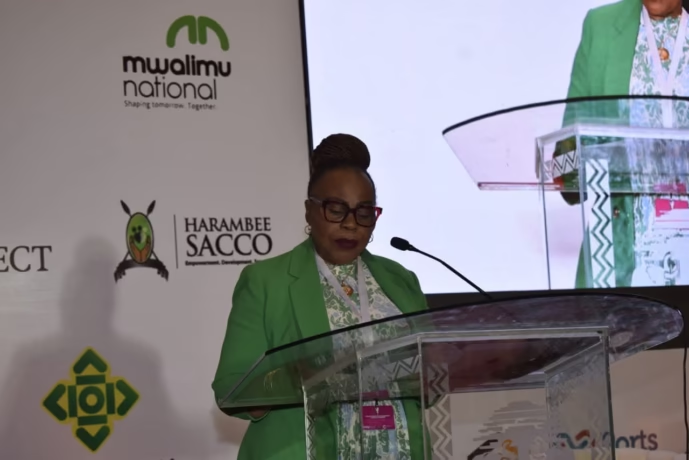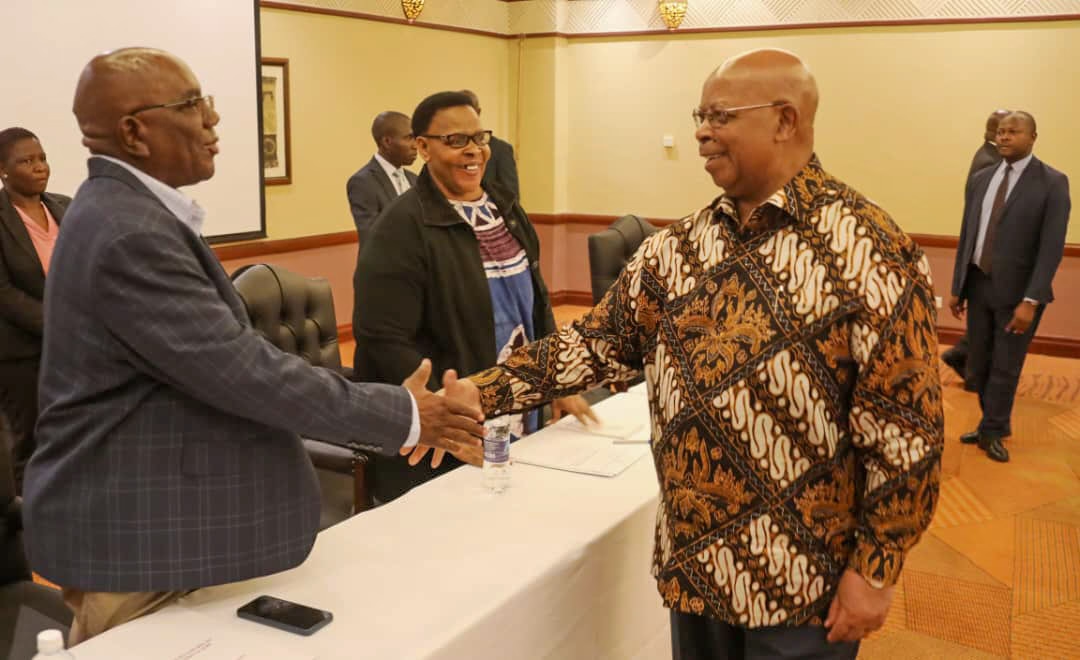
As the Southern African Development Community Parliamentary Forum (SADC PF) convenes its 57th Plenary Assembly in Victoria Falls, Zimbabwe, the atmosphere is charged with optimism, promise, and regional solidarity. Set against the backdrop of the majestic Mosi-oa-Tunya, the smoke that thunders, this Assembly is more than just a procedural meeting; it is a testament to SADC’s commitment to innovation, unity, and transformative parliamentary governance.
Under the theme “Harnessing Artificial Intelligence (AI) and Innovation in Enhancing Parliamentary Processes in the SADC Region: Opportunities and Challenges,” the Assembly signals a clear shift towards embracing technology as a catalyst for democratic development and citizen engagement. Speaker Advocate Jacob Mudenda’s arrival at the venue embodies Zimbabwe’s pride in hosting this prestigious gathering, reaffirming the country’s dedication to regional integration and progressive governance.
The Official Opening Ceremony, to be graced by His Excellency, Dr. Emmerson Dambudzo Mnangagwa, President of the Republic of Zimbabwe and Chairperson of SADC, underlines the high-level political support for the Assembly’s objectives. His presence not only adds gravitas but also highlights Zimbabwe’s readiness to champion AI-driven parliamentary processes, setting a precedent for other member states.
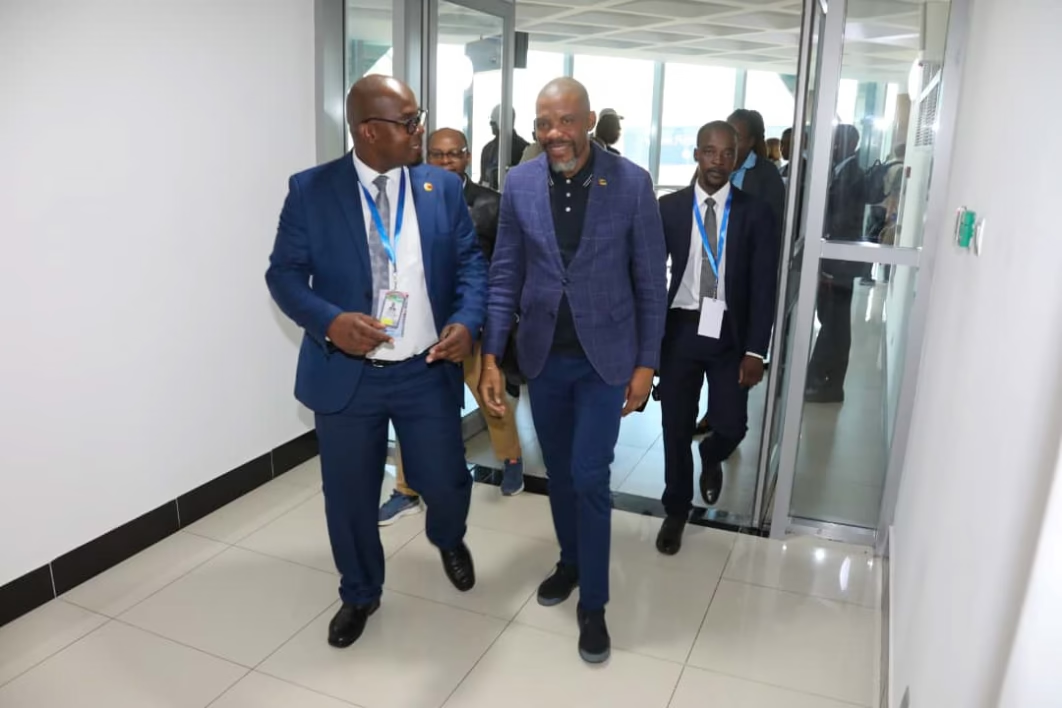
What makes this Assembly particularly significant is its focus on AI and digital innovation, a forward-looking agenda that aligns seamlessly with global trends in governance. The inclusion of a high-level symposium on AI brings together ICT experts, policymakers, and academics, fostering dialogue that is both timely and necessary. The emphasis on AI resonates deeply with the region’s need to modernize parliamentary functions, enhance efficiency, and engage citizens more meaningfully.
Beyond the thematic focus, the Assembly’s programme also features crucial deliberations on Standing Committee Reports, Country Reports, and the proposed SADC Model Law on Prison Oversight. These discussions reflect the Assembly’s commitment to strengthening human rights, upholding dignity, and ensuring that legal frameworks are aligned with democratic values. The proposed Model Law on Prison Oversight, for instance, underscores the SADC PF’s determination to embed transparency and accountability within justice systems, reinforcing the region’s collective commitment to human dignity.

The composition of the Assembly itself demonstrates a vibrant tapestry of leadership and inclusivity. Thirteen member parliaments are represented at the highest level, including Speakers and Deputy Speakers from Angola, Botswana, Democratic Republic of Congo, Eswatini, Lesotho, Madagascar , Malawi , Mozambique , Namibia , Seychelles, South Africa, Zambia , and the host nation, Zimbabwe. This high-level representation fosters a sense of unity and collective purpose in addressing the region’s most pressing challenges.
Equally important are the vibrant cultural and social engagements, such as the Welcome Dinner, Rainforest Tour, Sunset Cruise, and Farewell Gala, which provide space for informal dialogue and the sharing of best practices. These experiences enhance inter-parliamentary solidarity, reinforcing the notion that progress is as much about collaboration as it is about policy.
In conclusion, the 57th Plenary Assembly of the SADC PF stands out not only for its substance but also for its symbolism. It is a platform for action, a forum for reflection, and a celebration of regional identity and progress. Zimbabwe’s role as host under the leadership of Advocate Jacob Mudenda reflects the nation’s commitment to the SADC agenda and to forging a future where parliamentary processes are efficient, inclusive, and digitally empowered.


